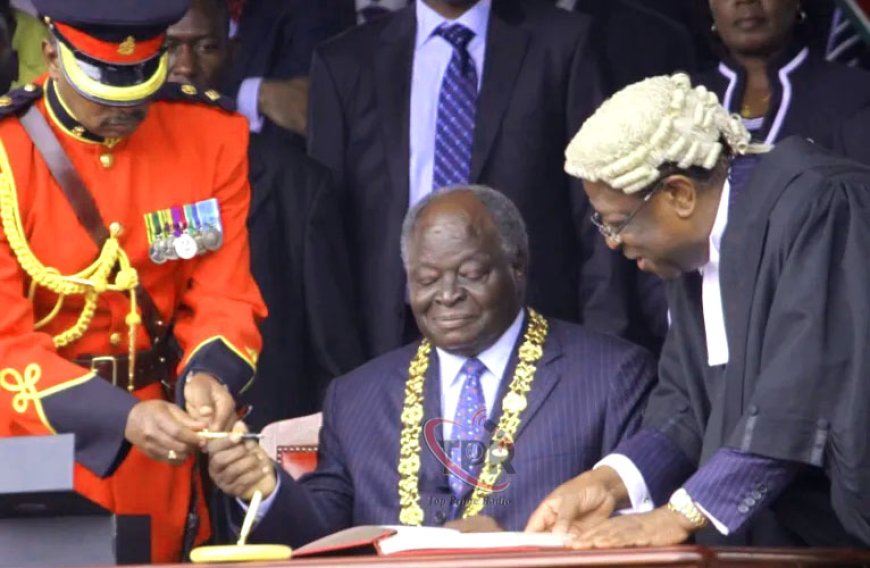The Landmark Achievements of Kenya’s 2010 Constitution

The enactment of Kenya's 2010 Constitution marked a pivotal moment in the country's evolution, ushering in a new era of governance, rights, and inclusivity. This Constitution, recognized as one of the most progressive in Africa, has brought about significant changes that have reshaped the governance framework and improved the lives of Kenyans.the 2010 constitution came with alot of goodies for kenyas.
The 2010 Constitution introduced the devolution of government powers to 47 newly established counties, effectively decentralizing authority from the national government. This transformation aimed to bring governance closer to the people, enabling counties to address their unique local needs more effectively. As a result, local governments have gained autonomy in resource management, project implementation, and service delivery, fostering regional development and reducing long-standing inequalities across the country.
A major milestone of the 2010 Constitution was the broadening and strengthening of the Bill of Rights. The Constitution guarantees all Kenyans access to essential civil, political, economic, social, and cultural rights, making it one of the most comprehensive human rights frameworks globally. This includes the provision of socio-economic rights such as healthcare, education, housing, and food security, empowering citizens to demand these services and hold the government accountable for delivering them.
Judicial independence and reform were key objectives of the 2010 Constitution. The establishment of the Judicial Service Commission (JSC) ensured that the recruitment, promotion, and discipline of judges and magistrates are handled transparently and independently. The introduction of the Supreme Court as the highest judicial body provided a crucial platform for constitutional interpretation and resolution of significant legal disputes, bolstering public confidence in the judiciary's role as a defender of rights and freedoms.
The 2010 Constitution made substantial progress in promoting gender equality and inclusivity in Kenya. It established provisions to increase the representation of women and marginalized groups in both political and public spheres. For instance, the two-thirds gender rule mandates that no more than two-thirds of any elective or appointive body should be of the same gender, leading to greater inclusion of women and marginalized communities in decision-making processes at all levels of government.
Governance and accountability received a significant boost under the 2010 Constitution. The creation of independent bodies such as the Ethics and Anti-Corruption Commission (EACC), the Auditor-General, and the Controller of Budget introduced checks and balances aimed at overseeing government operations. These institutions have been instrumental in promoting transparency, reducing corruption, and ensuring the responsible use of public resources across both national and county governments.
The Constitution has also played a crucial role in promoting national unity and social cohesion. By recognizing Kenya’s ethnic, cultural, and religious diversity, it provides mechanisms for the protection of these identities while fostering a shared national identity. The Constitution’s emphasis on addressing historical injustices and marginalization has contributed to a more inclusive society where all Kenyans feel represented and valued.
Environmental stewardship is another significant achievement of the 2010 Constitution. It enshrines the right of every person to a clean and healthy environment and mandates the government to ensure sustainable exploitation, utilization, management, and conservation of natural resources. This has led to the implementation of stricter environmental regulations and a greater focus on sustainable development practices across the country.
Land reforms, a historically contentious issue in Kenya, were also addressed by the 2010 Constitution. The establishment of the National Land Commission (NLC) and the introduction of mechanisms to regulate land use and ownership aimed to resolve historical land injustices and ensure equitable access to land. The Constitution also provided legal protections for community land, ensuring that these resources are managed in a fair and sustainable manner.
As Kenya continues to build on these achievements, the 2010 Constitution remains a vital instrument in shaping the nation’s future, ensuring that all citizens can enjoy the full benefits of democracy and good governance.
What's Your Reaction?




























































